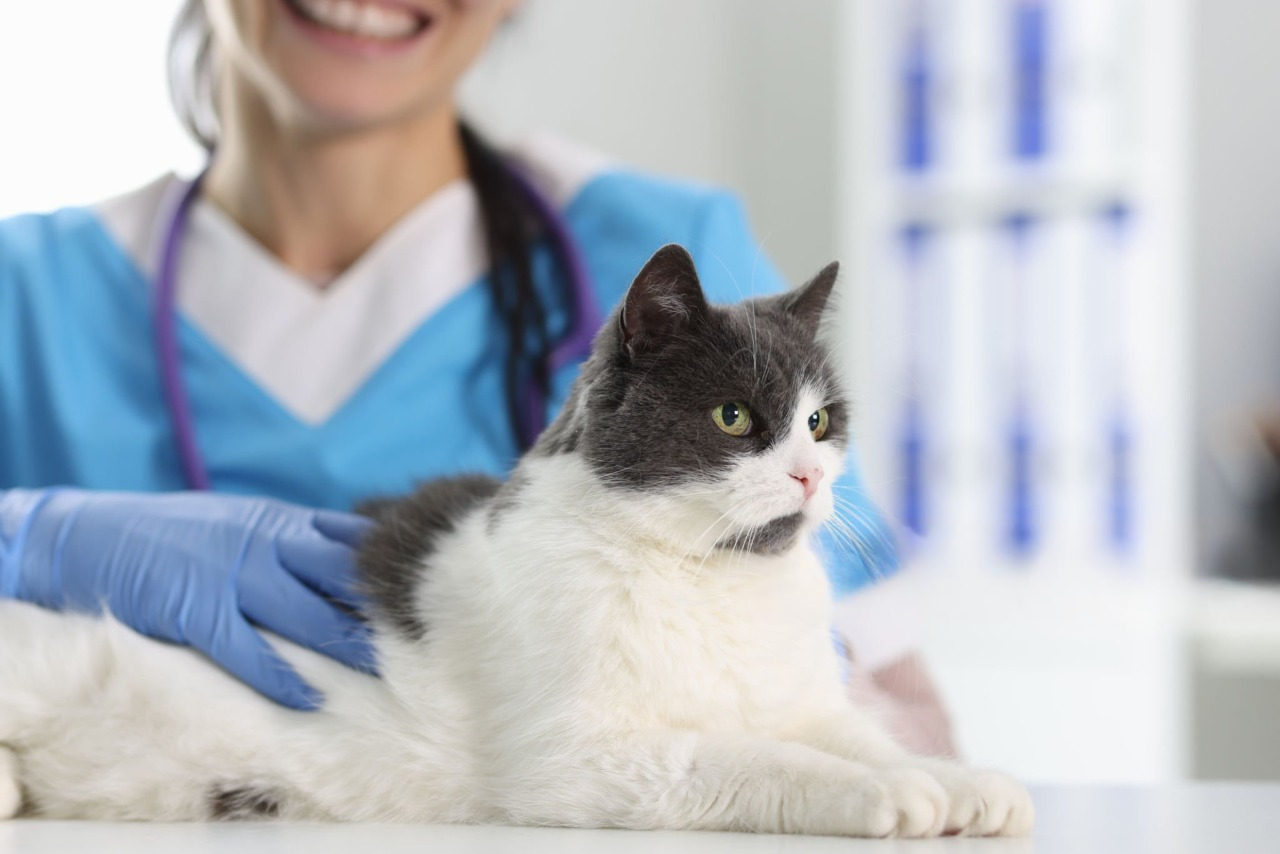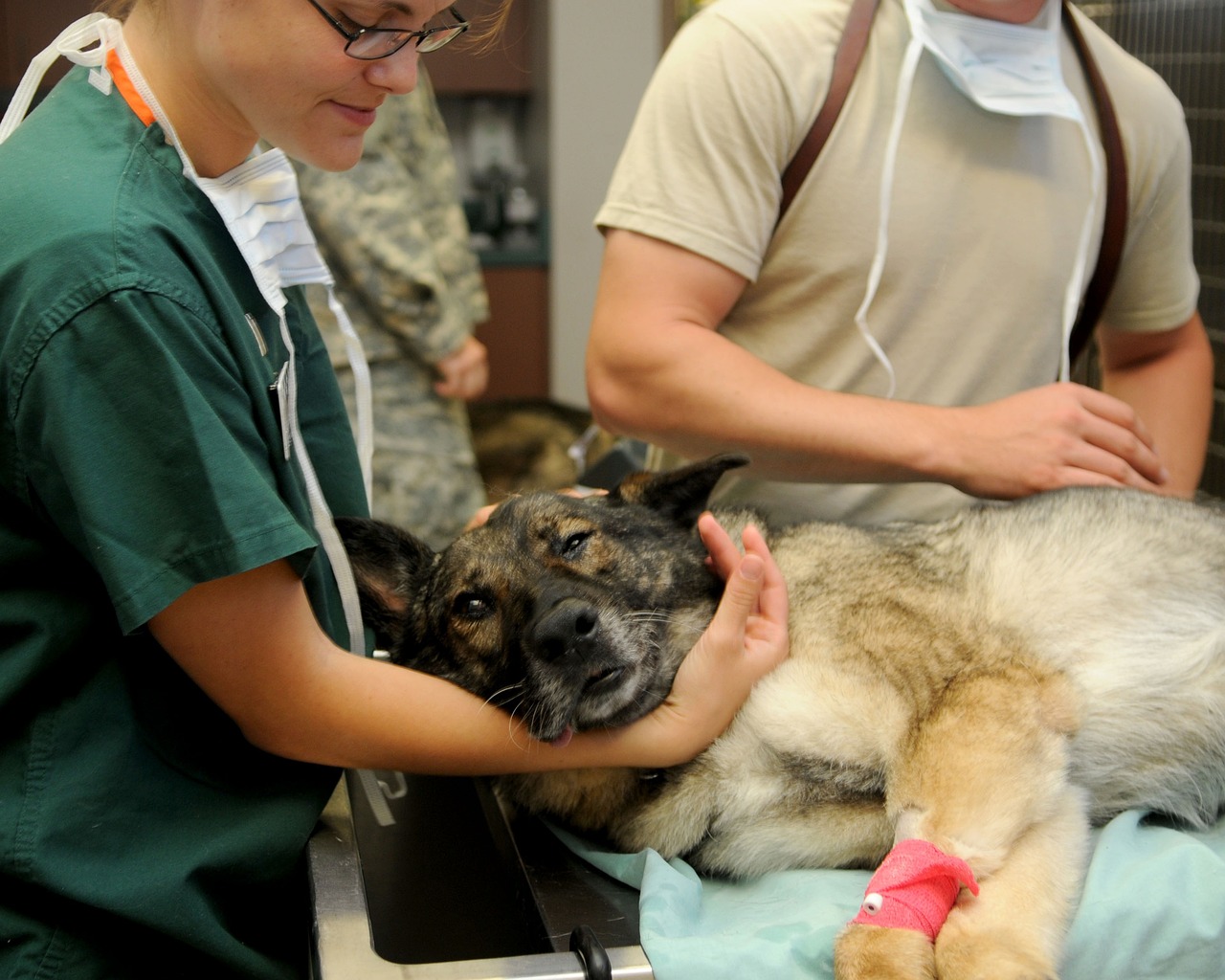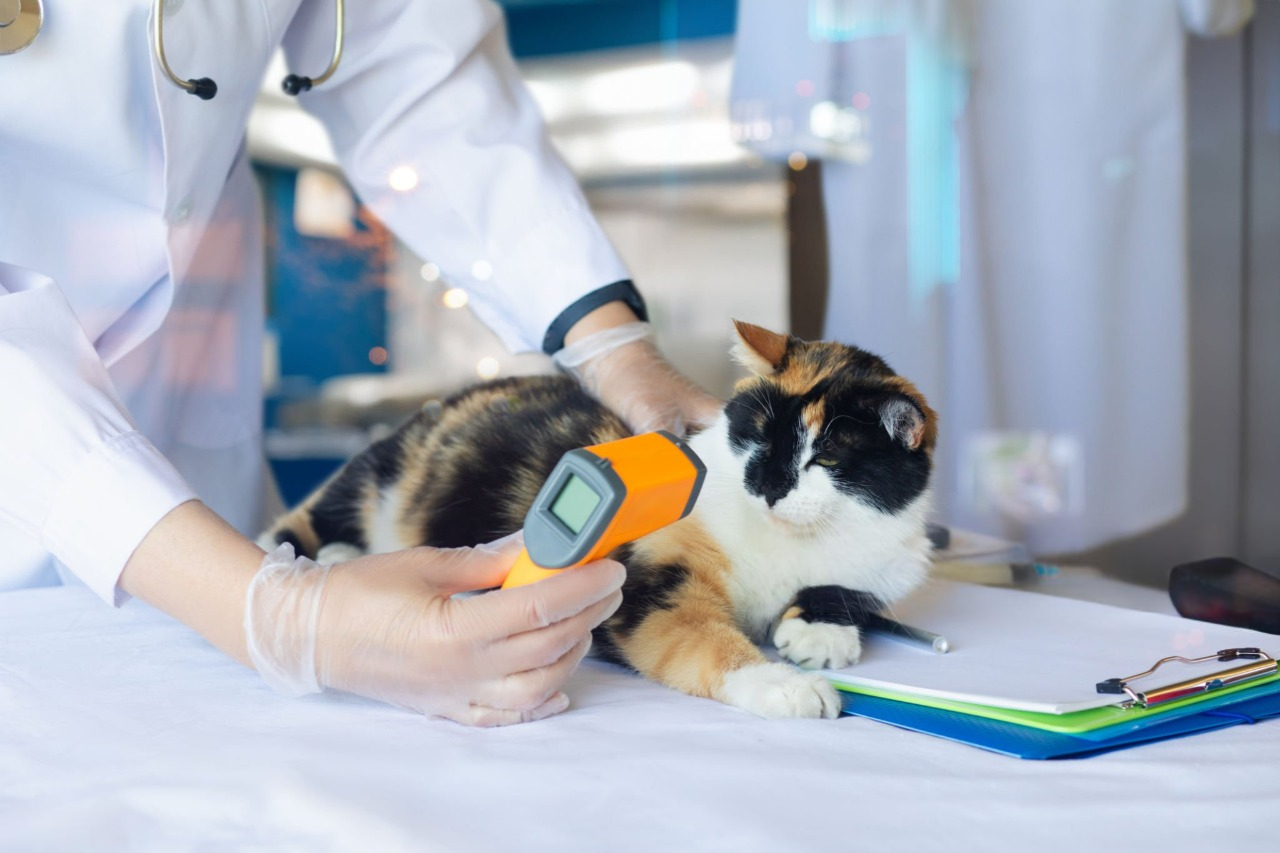Unexplained weight loss in cats can be alarming for pet owners, especially since it may indicate an underlying health issue. While weight loss is commonly associated with aging cats, it’s not a normal or inevitable part of growing older. If your cat is losing weight, it’s crucial to understand the possible causes, how to get a proper diagnosis, and what treatments might be required. This comprehensive guide will cover the potential reasons for your cat’s weight loss, signs to watch for, and steps you can take to help your feline friend regain their health.
Common Causes of Weight Loss in Cats
Cats can lose weight for a variety of reasons, ranging from simple dietary issues to more serious medical conditions. Weight loss in cats can sometimes occur even when they are eating enough food, which makes it essential to get to the root of the problem. Below are some of the most common causes of weight loss in cats.
Hyperthyroidism in Cats
Hyperthyroidism is one of the most common causes of weight loss in older cats. This condition occurs when the thyroid gland produces excessive thyroid hormone, often due to a benign tumor on the gland. The excess thyroid hormone speeds up the metabolism, leading to weight loss despite an increased appetite.
Symptoms of Hyperthyroidism in Cats:
- Weight loss despite an increased appetite
- Increased thirst and urination
- Vomiting or diarrhea
- Hyperactivity or restlessness
- A dull, greasy coat
Hyperthyroidism is typically treated with radioactive iodine therapy, which targets and destroys the problematic thyroid tissue, or with oral medication to regulate hormone levels. In some cases, surgery to remove the thyroid gland may be necessary.
Chronic Kidney Disease (CKD)
Chronic kidney disease is prevalent in older cats and can cause significant weight loss. The kidneys are responsible for filtering waste products from the blood, balancing electrolytes, and producing hormones that regulate blood pressure and red blood cell production. When kidney function declines, these vital processes are compromised, leading to several symptoms, including weight loss.
Symptoms of Chronic Kidney Disease:
- Increased thirst and urination
- Loss of appetite
- Weight loss and lethargy
- Vomiting
- Poor coat condition
CKD is a progressive condition that cannot be cured, but it can be managed with dietary changes, fluid therapy, and medications to support kidney function. Regular veterinary check-ups are essential for managing the disease and preventing further complications.
Diabetes Mellitus in Cats
Diabetes is another common endocrine disorder in cats, especially those who are overweight. In diabetic cats, the pancreas is unable to produce enough insulin, which is needed to regulate blood sugar levels. Without sufficient insulin, cats often experience weight loss despite eating more than usual.
Symptoms of Diabetes in Cats:
- Weight loss despite an increased appetite
- Increased thirst and urination
- Lethargy or decreased energy
- Vomiting (in some cases)
- Poor coat condition
Diabetes is managed with insulin injections and dietary changes. Most cats can live a normal life with proper treatment and monitoring. In some cases, weight loss and other symptoms may improve as blood glucose levels are controlled.
Gastrointestinal (GI) Problems
Several gastrointestinal issues can lead to weight loss in cats, either by reducing appetite or preventing proper nutrient absorption. These problems may include intestinal parasites, inflammatory bowel disease (IBD), pancreatitis, or even gastrointestinal cancers.
Common GI Issues That Cause Weight Loss:
- Intestinal parasites (e.g., roundworms, hookworms) can interfere with nutrient absorption, leading to weight loss.
- Inflammatory bowel disease (IBD) causes inflammation in the gastrointestinal tract, reducing appetite and nutrient absorption.
- Pancreatitis is the inflammation of the pancreas and can cause vomiting, diarrhea, and weight loss.
- Gastrointestinal cancer may cause more severe weight loss along with vomiting, diarrhea, and a loss of appetite.
Treatment for GI problems depends on the underlying cause. Parasites can be treated with deworming medications, while more chronic conditions like IBD and pancreatitis may require a special diet, medications, and supportive care.
Dental Problems
Oral health issues in cats are often overlooked, but dental disease can lead to significant weight loss due to the pain associated with eating. Cats with periodontal disease, broken teeth, or resorptive lesions may avoid eating, leading to gradual weight loss.
Signs of Dental Problems in Cats:
- Bad breath (halitosis)
- Pawing at the mouth
- Drooling
- Bleeding or swelling in the mouth
- Difficulty eating
Dental disease is treated by a veterinarian through a thorough cleaning, tooth extractions, or other surgical interventions as needed. Pain management is also crucial during recovery.
Cancer in Cats
Just like humans, cats can develop cancer in various parts of their bodies. Lymphoma, a type of cancer that affects the lymphatic system, is one of the more common cancers found in cats. Cancers can cause weight loss through a variety of mechanisms, including reduced appetite, increased metabolic demands, and malabsorption of nutrients.
Symptoms of Cancer in Cats:
- Weight loss
- Loss of appetite
- Lethargy and weakness
- Vomiting or diarrhea (depending on the cancer’s location)
- Abnormal lumps or swelling
Treatment for cancer in cats depends on the type and stage of the disease and may include surgery, chemotherapy, or palliative care.
Stress and Anxiety
While cats are known for being independent, they can be highly sensitive to changes in their environment. Stress from moving, new pets, loud noises, or other disturbances can affect a cat’s appetite and lead to weight loss. Stress may cause a cat to stop eating or become less interested in food, leading to gradual weight loss.
Signs of Stress in Cats:
- Changes in eating behavior (refusal to eat, eating less)
- Hiding or becoming more withdrawn
- Aggression or irritability
- Over-grooming or excessive grooming
To reduce stress, create a safe, quiet environment for your cat and minimize disruptions. You may also want to consider using pheromone diffusers or sprays to calm your cat.
Other Medical Conditions
There are several other medical conditions that can contribute to weight loss in cats, including heart disease, liver disease, and infections. In many cases, a thorough veterinary exam and lab tests are required to diagnose the exact cause of weight loss.
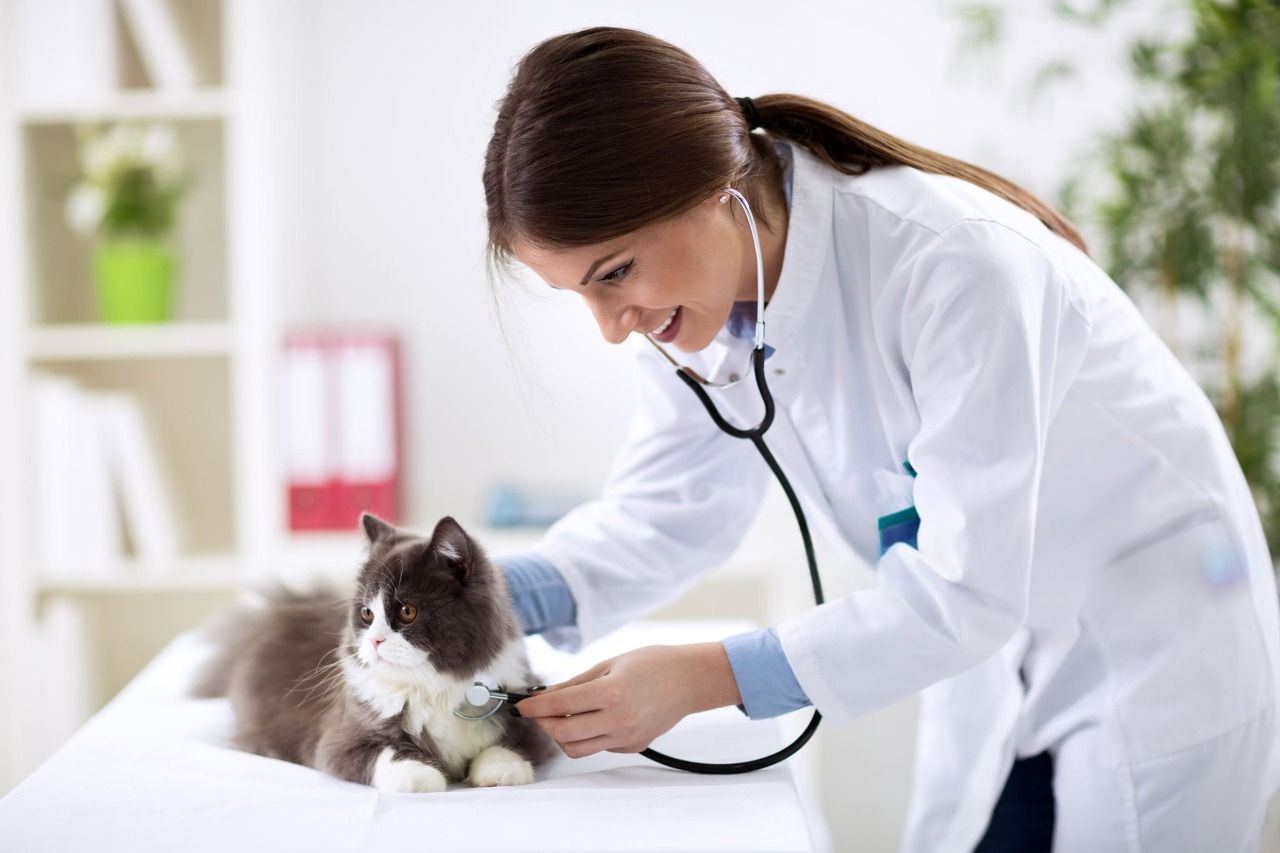
How to Tell if Your Cat Is Losing Weight
Sometimes, it can be difficult to notice if your cat is losing weight, especially if the weight loss is gradual. Here’s how you can monitor your cat’s weight and body condition:
- Body Condition Score (BCS): Start by observing your cat’s body from above. An ideal body shape has a noticeable waistline, but it shouldn’t be extreme. Feel the sides of your cat—if their ribs are easily felt and visible, they may be underweight.
- Compare Visuals: Take photos of your cat over time to visually compare their body shape and size. This can help you track any subtle changes.
- Weighing Your Cat: The most accurate way to track weight loss is by weighing your cat regularly. If you notice significant weight loss, contact your vet.
What to Do if Your Cat Is Losing Weight
If you suspect that your cat is losing weight, the first step is to schedule a veterinary appointment. Your vet will conduct a thorough physical examination and may recommend blood tests, urine tests, x-rays, or ultrasounds to determine the underlying cause of the weight loss.
Treatment for Weight Loss in Cats
Once the underlying cause of your cat’s weight loss is identified, your vet will develop a treatment plan. This plan may include:
- Medications: To treat conditions like hyperthyroidism, diabetes, or infections.
- Dietary Changes: Special therapeutic diets may be recommended based on the underlying condition (e.g., kidney disease, IBD).
- Surgery: In cases of cancer, dental disease, or gastrointestinal blockages, surgery may be necessary.
- Supportive Care: For chronic conditions like kidney disease or diabetes, ongoing support through medications, fluid therapy, and nutritional support will be required.
If your cat’s weight loss is related to inadequate food intake, your vet may provide advice on feeding schedules, portion sizes, and high-calorie diets to help your cat regain weight.
Preventing Weight Loss in Cats
To prevent weight loss in your cat, make sure to:
- Monitor their weight regularly and visit your vet for annual wellness exams.
- Provide a balanced, nutritious diet that meets your cat’s specific needs, especially if they have a health condition.
- Minimize stress in your cat’s environment by providing a quiet, comfortable space.
- Address health issues early by scheduling regular check-ups with your vet.
Conclusion
Unexplained weight loss in cats can signal an underlying health issue, and it should never be ignored. Whether caused by hyperthyroidism, kidney disease, diabetes, or something else, early diagnosis and treatment are key to ensuring your cat’s health and well-being. If you notice weight loss in your cat, schedule a visit with your vet to determine the cause and explore treatment options. With the right care and attention, many of the conditions leading to weight loss in cats can be managed or treated effectively, helping your cat regain their health and vitality.
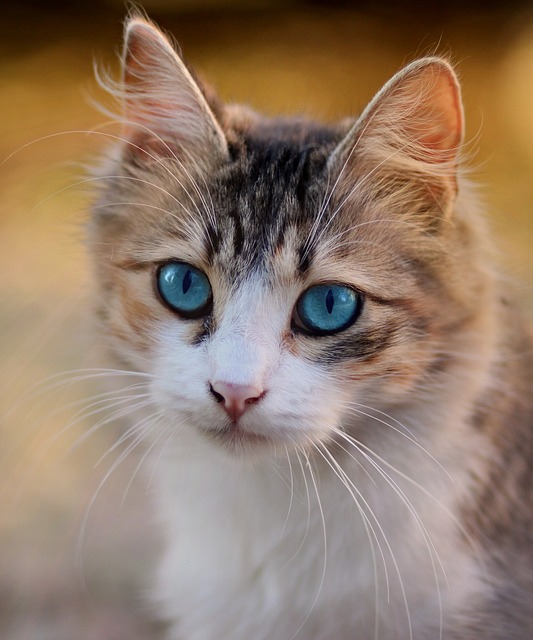
“A blog for pet lovers” is a dedicated space where animal enthusiasts can explore tips, stories, and expert advice on pet care, training, health, and more. Whether you’re a dog person, a cat lover, or someone who adores all animals, this blog offers a warm and engaging community for you to connect, learn, and celebrate the joy of having pets…

